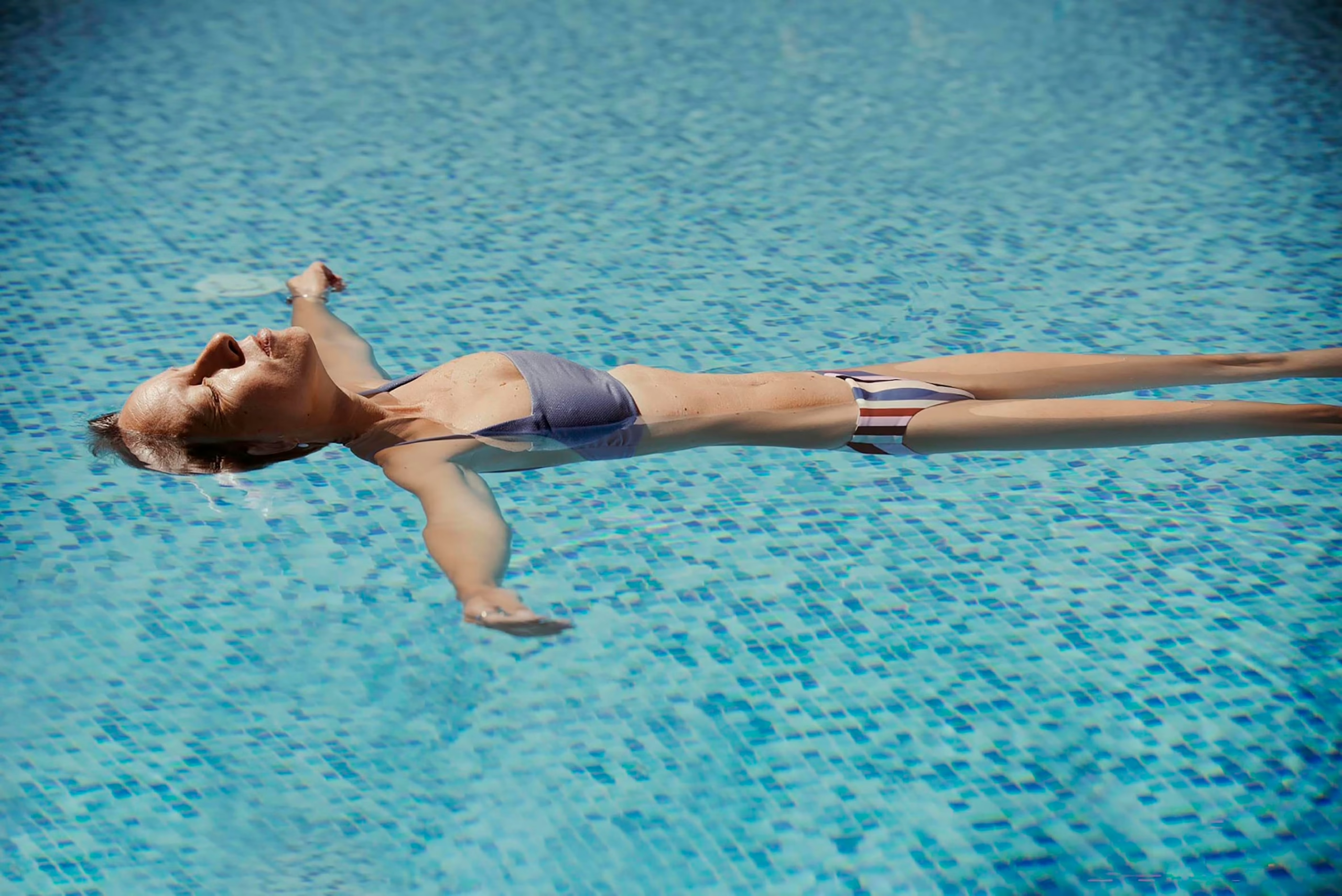A pool heater is key to maximizing your swimming pool’s usability, especially during San Diego’s cooler months. Proper maintenance keeps your heater running efficiently and extends its lifespan, saving you money on repairs and replacements. Whether you own a gas heater, a heat pump, or a solar pool heater, consistent care ensures optimal performance year-round.
If you’re looking for pool heater repair and installation near me, PoolLogic San Diego provides professional services tailored to your needs. In this guide, we’ll cover essential maintenance tips to help you keep your pool heater in peak condition.
Why Pool Heater Maintenance Matters
Routine maintenance is crucial for several reasons:
- Energy Efficiency: A well-maintained heater uses less energy, lowering operating costs.
- Consistent Performance: Proper care prevents unexpected breakdowns and ensures steady heating.
- Longer Lifespan: Regular inspections and cleaning reduce wear and tear, prolonging your heater’s life.
- Cost Savings: Preventative maintenance helps catch minor issues before they escalate into expensive repairs.
Understanding Your Pool Heater
Before diving into maintenance, it’s essential to understand how your pool heater works. The three most common types of pool heaters are:
Gas Pool Heaters
Gas heaters burn natural gas or propane to heat the water. They are effective for quick heating and ideal for pools used sporadically.
Heat Pumps
Heat pumps draw warmth from the surrounding air and use electricity to transfer the heat to your pool. They are energy-efficient and work best in moderate climates like San Diego.
Solar Pool Heaters
Solar heaters use the sun’s energy to warm water. They are eco-friendly and cost-effective in the long term, but they depend on sufficient sunlight.
Each type of heater has unique maintenance requirements, but some general principles apply to all.
Essential Pool Heater Maintenance Tips
1. Clean and Inspect the Filters
Clogged filters restrict water flow, forcing your heater to work harder and reducing efficiency. Check and clean your pool filters regularly to ensure proper water circulation. Dirty filters commonly cause heater malfunctions, so keeping them clear is a simple but vital step.
2. Monitor and Balance Water Chemistry
Unbalanced water chemistry can lead to scaling, corrosion, or mineral buildup in your heater’s components. Test your pool water regularly to maintain appropriate pH, alkalinity, and calcium hardness levels. Balanced water prevents damage to your heater and other pool equipment.
3. Check for Leaks
Leaks around your pool heater can indicate worn seals, cracked components, or loose connections. Address leaks immediately to prevent further damage. Regular inspections help you catch these issues early, saving you from costly repairs.
4. Inspect the Burner and Ignition System (Gas Heaters)
For gas pool heaters, ensure the burners are clean and debris-free. A clogged burner can reduce heating efficiency and cause uneven heating. Additionally, check the ignition system and pilot light to ensure they function correctly.
5. Maintain the Heat Exchanger
The heat exchanger is a critical component that transfers heat to the water. Over time, mineral buildup or corrosion can reduce its efficiency. Regular cleaning with a descaling solution helps prevent buildup and ensures optimal performance.
6. Protect Against Environmental Damage
San Diego’s mild climate is gentle on equipment, but environmental factors like debris, rain, or salt air can still affect your pool heater. To protect it from dirt and moisture, use a weatherproof cover when the heater is not in use.
7. Schedule Annual Professional Servicing
While regular DIY maintenance is essential, scheduling professional inspections at least once a year ensures that your heater remains in excellent condition. Certified technicians can identify hidden issues, clean internal components, and ensure all systems run safely and efficiently.
Troubleshooting Common Pool Heater Problems
Even with regular maintenance, pool heaters can occasionally encounter issues. Here’s how to address some common problems:
Water Not Heating Properly
- Possible Causes: Clogged filters, insufficient gas supply, or a malfunctioning thermostat.
- Solution: Clean the filters, check the gas line, and inspect the thermostat settings. If the problem persists, contact a professional.
Unusual Noises
- Possible Causes: Loose components, mineral buildup, or debris in the system.
- Solution: Tighten loose parts, clean the heater, and descale the heat exchanger if necessary.
Error Codes on Digital Display
- Possible Causes: Sensor malfunctions, electrical issues, or low flow rates.
- Solution: Refer to your heater’s manual to decode the error message. If the issue isn’t quickly resolved, a technician can help.
Benefits of Professional Maintenance and Repairs
While DIY maintenance can address many issues, some tasks require professional expertise. Hiring a technician for pool heater repair and installation near me offers several advantages:
- Expert Diagnostics: Professionals can quickly identify the root cause of problems and recommend effective solutions.
- Safe Repairs: Gas and electrical systems require specialized knowledge to handle safely.
- Efficiency Optimization: Technicians can fine-tune your heater to ensure it operates at peak performance.
- Warranty Protection: Many manufacturers require professional servicing to maintain warranty coverage.
How PoolLogic San Diego Can Help
At PoolLogic San Diego, we specialize in maintaining and repairing all pool heaters. Whether you need a routine inspection, urgent repairs, or a new installation, our experienced team is here to help.
Our Services Include:
Comprehensive diagnostics and troubleshooting.
Professional repairs for gas, heat pump, and solar pool heaters.
Expert installation of new pool heating systems.
Customized maintenance plans to keep your heater in top shape.
How to Extend the Life of Your Pool Heater
To maximize your investment, combine regular maintenance with best practices:
- Clean filters and components frequently.
- Balance your pool water chemistry to prevent damage.
- Use a pool cover to reduce heat loss and protect your heater from debris.
- Schedule annual servicing to catch potential issues early.
By following these steps, you’ll enjoy consistent performance and extend the lifespan of your pool heater.
FAQs: Pool Heater Repair & Installation Near Me
1. What are the signs my pool heater needs repair?
Signs that your pool heater may need repair include inconsistent or insufficient heating, strange noises like clanging or hissing, visible water leaks around the unit, or error codes on the control panel. If your energy bills have spiked unexpectedly, it may also indicate that your heater is working inefficiently.
2. How much does pool heater repair cost in San Diego?
The cost of pool heater repair in San Diego usually ranges from $150 to $500, depending on the type and extent of the issue. Minor fixes, such as replacing a thermostat or cleaning components, are more affordable, while more involved repairs, like addressing electrical faults or heat exchanger problems, can be on the higher end.
3. How long does it take to repair a pool heater?
Most pool heater repairs take a few hours to a full day, depending on the complexity of the problem. Simple maintenance, like cleaning burners or replacing small parts, can be completed quickly, while more significant issues requiring replacement parts or extensive diagnostics may take longer.
4. Should I repair or replace my pool heater?
The choice between repair and replacement depends on the heater’s age and the cost of repairs. If your heater is less than 7–10 years old and the repair costs are reasonable, repairing it is usually the best option. However, if the unit is older or the repair costs exceed 50% of the price of a new heater, replacement may be a better investment.
5. Can I repair my pool heater myself?
While some tasks, such as cleaning filters or replacing a pilot light, can be done by homeowners, most pool heater repairs involve gas or electrical systems that require professional expertise. Attempting DIY repairs on these systems can be dangerous and may void warranties. For complex issues, it’s best to hire a certified technician.
6. How much does it cost to install a new pool heater?
The cost to install a new pool heater in San Diego ranges from $2,000 to $5,000, depending on the type of heater, pool size, and installation complexity. Gas heaters tend to be more affordable upfront, while heat pumps and solar heaters may have higher initial costs but provide better energy efficiency over time.
7. What’s the best type of pool heater for San Diego’s climate?
Heat pumps and solar heaters are excellent choices for San Diego’s mild climate. Heat pumps are energy-efficient and work well in moderate temperatures, while solar heaters take advantage of the area’s abundant sunshine for eco-friendly heating. Gas heaters are a good option for quick, reliable heating during cooler months or intermittent use.
8. How often should I service my pool heater?
It’s recommended that your pool heater is serviced at least once a year to maintain efficiency and identify potential issues early. Annual maintenance includes cleaning filters, inspecting components, and ensuring gas and electrical systems function safely and effectively.
9. Why is my pool heater not heating properly?
Common causes of insufficient heating include clogged filters, a malfunctioning thermostat, scaling inside the heat exchanger, or low water flow. Electrical issues, such as faulty wiring or an insufficient gas supply, can also prevent proper heating. Professional diagnostics can identify the root cause and provide a solution.
10. How can I extend the life of my pool heater?
To prolong your pool heater’s lifespan, perform regular maintenance such as cleaning filters, monitoring water chemistry, and inspecting for leaks or corrosion. Use a weatherproof cover to protect the heater from environmental damage when not in use, and schedule annual professional servicing to ensure all components are in good condition.
For expert pool heater repair and installation near me, trust PoolLogic San Diego. Contact us today to keep your pool heater running smoothly all year long!
Final Thoughts
Maintaining your pool heater is essential for ensuring its optimal performance and longevity. Routine care can save you time, money, and frustration, from cleaning filters to balancing water chemistry. While DIY maintenance is essential, professional servicing provides the expertise and precision to address complex issues and keep your heater running efficiently.
For reliable pool heater repair and installation near me, trust PoolLogic San Diego. Contact us today to schedule your service or learn more about our expert pool heating solutions. Let us help you enjoy a warm, inviting pool year-round!



